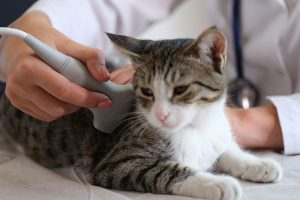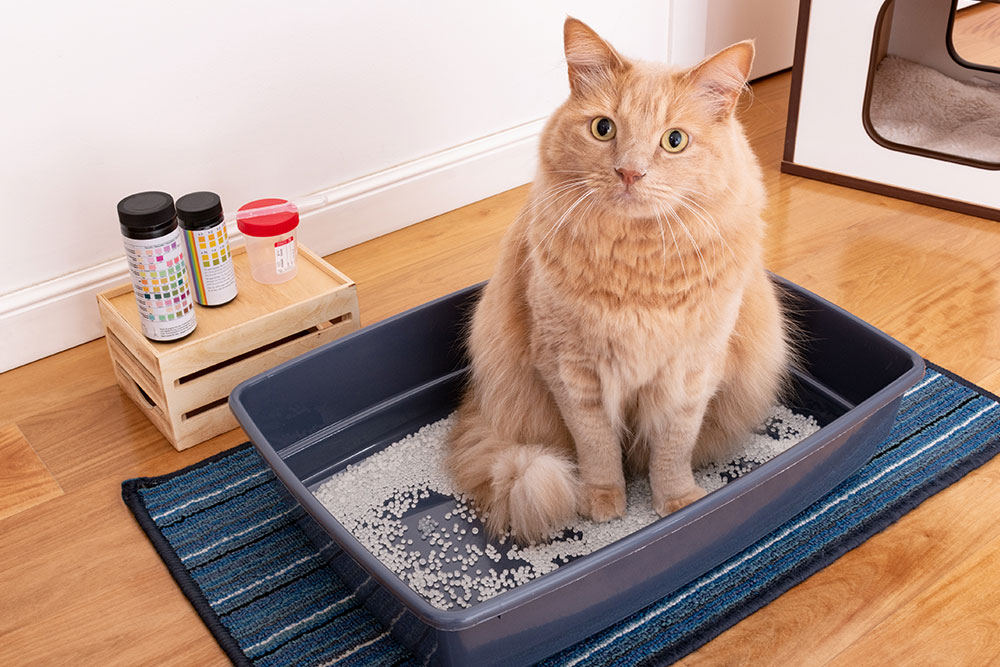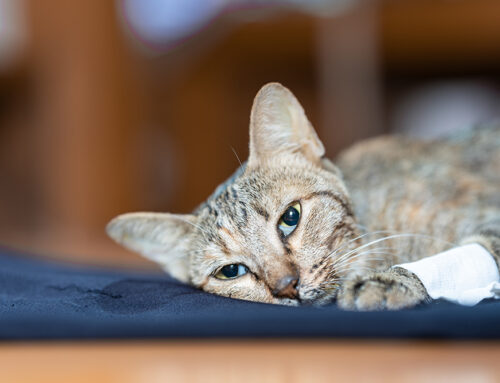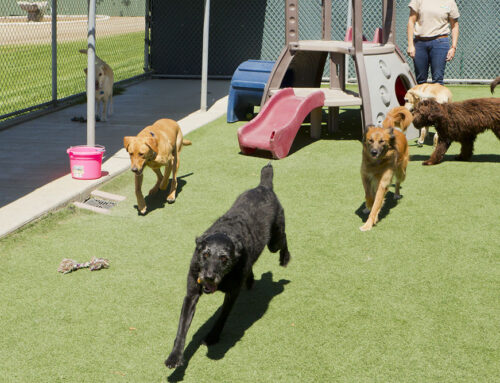Understanding Feline Kidney Disease in Council Bluffs and Glenwood, Iowa
Feline kidney disease, particularly chronic kidney disease (CKD), is a common health issue affecting many cats in the Council Bluffs and Glenwood areas. Recognizing the early signs and understanding long-term care options are crucial for your cat’s well-being. For more information about our services, please [visit our homepage]
Feline Kidney Disease Overview
Kidney disease in cats, especially CKD, is a prevalent condition that can significantly impact their quality of life. The kidneys are vital for filtering waste from the blood, balancing body fluids, and forming urine. Failure of these organs leads to toxin buildup, resulting in severe health issues. Untreated CKD can cause complications such as hypertension, anemia, and electrolyte imbalances, which further deteriorate a cat’s health. For a detailed explanation, [read about Chronic Kidney Disease in Cats at the Cornell Feline Health Center]
Early Signs of Kidney Disease
The symptoms of kidney disease in cats can be subtle and worsen over time. Key signs include:
- Increased thirst and frequent urination:These occur as kidneys lose their ability to concentrate urine, leading to dehydration.
- Weight loss and poor appetite:Cats may eat less due to nausea from toxin buildup.
- Lethargy and weakness:A lack of energy is often related to anemia, a common CKD complication.
If you notice any of these signs, it’s crucial to [visit our services page] and schedule a consultation.
Importance of Early Detection
Detecting kidney disease early can significantly slow its progression and improve your cat’s quality of life. Regular veterinary check-ups and early blood tests are critical in catching this disease before it advances too far, preventing severe symptoms and reducing emergency risks like sudden kidney failure.
Diagnosing Kidney Disease
Diagnosis involves several methods:
- Blood tests for elevated waste products: Checking blood urea nitrogen (BUN) and creatinine levels, which indicate kidney function.
- Urine analysis to evaluate function: Specific gravity and protein levels in urine provide insights into the kidneys’ concentrating ability.
- Kidney ultrasounds: Imaging to identify structural abnormalities or stones contributing to dysfunction.
At the Animal Clinic of Council Bluffs, our experienced team uses these techniques for accurate diagnosis and staging. You can [meet our team here]
Long-Term Management and Care
Managing feline kidney disease involves:
- Dietary changes to reduce kidney workload: Renal diets lower in protein and phosphorus help minimize toxin buildup.
- Medications to manage symptoms:These may include blood pressure medications, phosphate binders, or anti-nausea drugs.
- Fluid therapy for hydration: Subcutaneous fluids can be administered at home to aid hydration and kidney function.
Creating a supportive home environment and maintaining regular veterinary visits are essential. For detailed strategies, [visit MSU VDL’s guide on living with a pet diagnosed with CKD]
Dietary Changes and Impact
Renal diets, phosphorus binders, and ensuring adequate hydration are crucial. Encourage water intake by using water fountains or flavoring water with broth. These changes can improve kidney function and enhance your cat’s quality of life.
Treatment Options and Innovations
Recent advancements include stem cell therapy and new pharmaceuticals showing promise in treating kidney disease. Our clinic stays updated with these innovations, offering cutting-edge treatments. Availability and effectiveness vary, so discuss all options with your veterinarian.
Support Resources
Managing a cat with kidney disease is a long-term commitment that can be emotionally challenging. Local support groups and online resources offer significant help. Sharing experiences with other pet owners can provide comfort and practical advice. For local support options, [visit our resources page]

Frequently Asked Questions
We address common questions about life expectancy, quality of life, and symptom management. For example, “How can I tell if my cat’s condition is worsening?” or “What should I do if my cat refuses to eat the prescribed diet?”
Emergency Situations
Emergencies can arise suddenly. Signs include severe vomiting, complete loss of appetite, extreme lethargy, or sudden weight loss. Seek immediate veterinary attention if your cat exhibits any of these symptoms.
If you notice any symptoms of kidney disease in your cat, do not hesitate to [schedule a visit] with us. Early intervention is key to managing this condition effectively.
Recognizing early signs and committing to long-term care are essential for managing feline kidney disease. At the Animal Clinic of Council Bluffs, we are dedicated to supporting you and your cat every step of the way. For more information, [contact us]
SEO Considerations
This article is optimized for search engines using targeted keywords such as “feline kidney disease Council Bluffs,” “cat kidney care Glenwood,” and “Iowa veterinary kidney treatments,” ensuring it reaches those who need it most while providing valuable, medically accurate information.






Leave A Comment